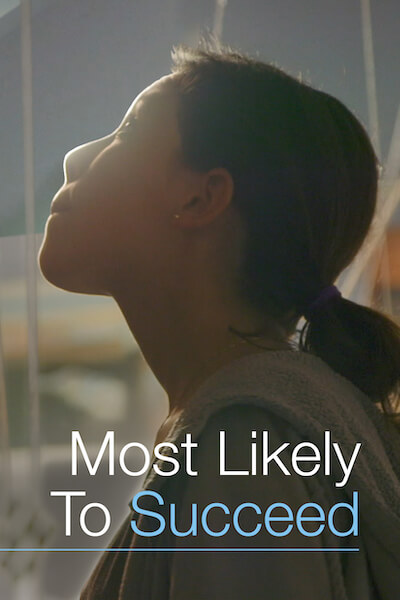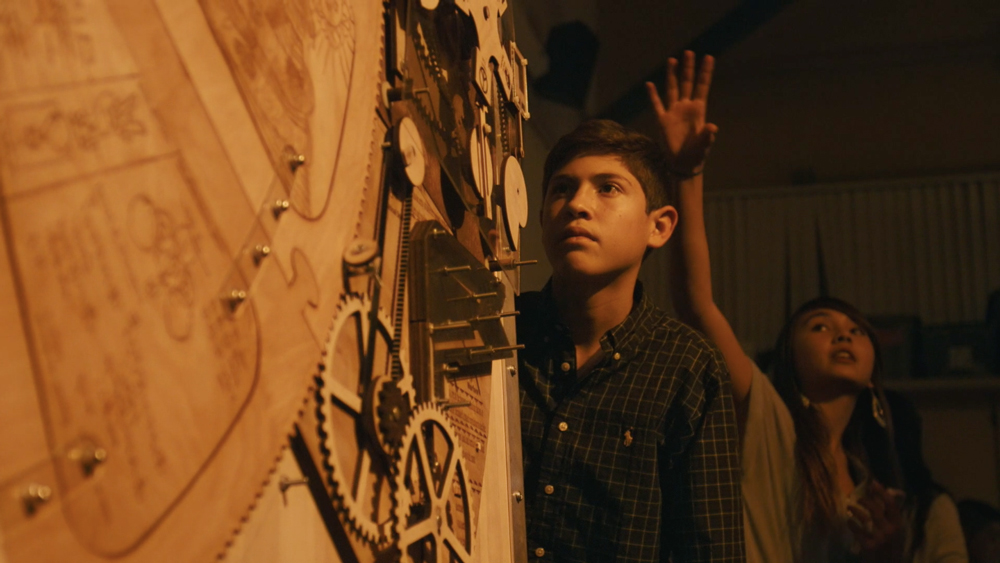
How do we teach?
Most Likely to Succeed is a 2015 film that, upon watching, will really making you reflect on what education means. The movie opens with a powerful quote by John Dewey, which says “if we teach today as we taught yesterday, we rob our children of tomorrow.” The pertinence of this quote is immediately made evident as the film goes on to show the viewers just how much we are still teaching “as we taught yesterday.” While the curriculum gets updated and some wiggle room exists, the fundamentals of what needs to be taught, and how it needs to be taught, has remained very much the same since the beginning.
That being said, not every school is following the same methods..
High Tech High is discussed in detail in the film, as the school has adopted its own take on education. Imagine how different your high school experience might have been if you weren’t given worksheets for homework, textbooks to read from, or tests to evaluate your performance. Instead, the students learn from hands-on experiences in their cross-curricular classes. While traditional schooling puts the focus on memorizing answers for tests and figuring out what teachers want to see to get good grades, High Tech High instead puts the focus on what the students create, and how they develop as people. For example, instead of final exams as a means to measure what a student has learned, the school hosts an end of term exhibition in which students present what they created through their schooling. Watching the film, you can see the pride and dedication in the students as they prepare for the exhibition. How does this compare to students who prepare for an end of term test? Well, for starters I think the stress is replaced with passion. What’s more, I think the retention of knowledge skyrockets when students complete a project for themselves as the things they had to learn to complete their projects along the way (for example the geometry required for the woodworking projects, or the history behind the student plays), was directly and immediately applicable to their lives. When students are told what they have to know and memorize for a test, and told that they have to memorize it because “it may be useful to know one day,” the interest in really learning it is hard to maintain without direct applicability. Furthermore, when students are under stress and find themselves cramming for a test, the vast majority of the information is only making its way into their short term memories – serving them well for the test and not for their futures.
Development of character, or standardized test scores?
I loved seeing the personal growth in the students of High Tech High as we follow them on their journey in preparation for the exhibition. Take Samantha, for example, who in the beginning self-identified as quiet and shy, and stated that that was a trait she would like to work on. That same girl ended up being the director of the class play, and we watch her progress throughout the film as she speaks confidently to her peers in giving them direction, she is shown comforting them, and even giving pep talks. If the ultimate goal of education is to set students up for the working world, what kind of life skills are we teaching in our schools? Shouldn’t critical thinking, confidence, asking questions, contributing to discussions, and hands-on experiences in the creation of products be skills we seek in the working world? It would seem that the majority of schools instead focus on memorization. I think, when it comes to entering the working world, we don’t really excel at a new job until we gain experience on the job. So, if that’s the case, shouldn’t we be seeking those with life skills necessary to facilitate quick experiential learning? People who aren’t afraid to ask questions, and who know what questions to ask?
But does High Tech High really work?
I was wondering this while watching the film, too. And it was really interesting to see that, even though the parents chose this school for their children, they still had apprehension, too. The film concludes that, while the college acceptance rate at High Tech High is 98%, in terms of success for employability, the school is too young and the sample size too small to really know. That being said, I admire the school’s focus on quality of education over quantity of education. That may sound strange, but consider this: the more content we add to our curriculum, the less in depth the students’ understandings will be. It simply a matter of time spent covering topics – and there generally isn’t enough time for teachers to cover everything.





